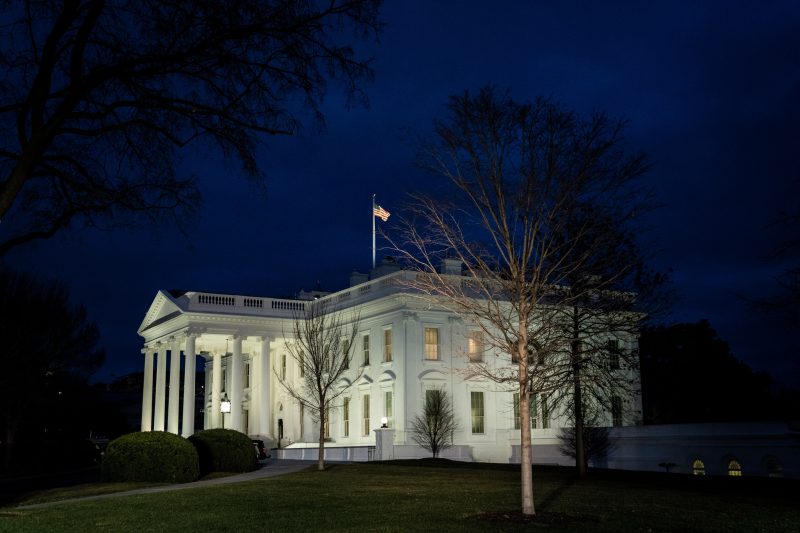In recent years, the political landscape in the United States has been marred by intense polarization and the rise of populism. One such prominent figure who has capitalized on this sentiment is former President Donald Trump. Known for his bombastic and controversial rhetoric, Trump’s speeches often blur the lines between democracy and authoritarianism. This article will delve into the thin veneer that masks Trump’s fascistic tendencies and the implications it has for American democracy.
At the heart of Trump’s appeal lies his ability to tap into the grievances and anxieties of a segment of the American population. By championing a nationalist agenda and promising to restore a bygone era of American greatness, Trump paints himself as a savior figure who will make America great again. This narrative is laced with nostalgic undertones, evoking a sense of longing for a time when the country was perceived to be stronger and more prosperous.
However, beneath this veneer of nostalgia and patriotism lies a darker undercurrent of fascistic rhetoric. Trump’s speeches are often characterized by a simplistic worldview that pits us against them. This dichotomous thinking is a hallmark of authoritarian leaders, who seek to divide the population along ideological lines in order to consolidate power. Trump’s vilification of immigrants, minorities, and political opponents serves to create a sense of otherness that justifies his draconian policies and actions.
Moreover, Trump’s attacks on the media and the judiciary undermine the checks and balances that are fundamental to a healthy democracy. By dismissing any criticism or dissenting voices as fake news or part of a deep state conspiracy, Trump erodes the trust in democratic institutions and fosters a climate of fear and paranoia. This delegitimization of the press and the judiciary not only weakens the pillars of democracy but also sets a dangerous precedent for future leaders to exploit.
Furthermore, Trump’s cult of personality and his manipulation of truth blur the lines between reality and fiction. By peddling in conspiracy theories and promoting falsehoods, Trump undermines the very notion of objective truth and gaslights the public. This erosion of trust in established facts and evidence-based reasoning threatens the foundation of a healthy democracy, as it becomes increasingly difficult to hold leaders accountable for their actions.
In conclusion, while Trump may present himself as a champion of the people, his fascistic rhetoric and authoritarian tendencies pose a grave threat to American democracy. The thin veneer of nostalgia and patriotism that he dangles in front of his supporters masks a more insidious agenda that seeks to consolidate power at the expense of democratic norms and institutions. As we navigate the turbulent waters of a post-Trump era, it is imperative that we remain vigilant against the allure of authoritarianism and stand firm in defense of the values that underpin our democracy.

